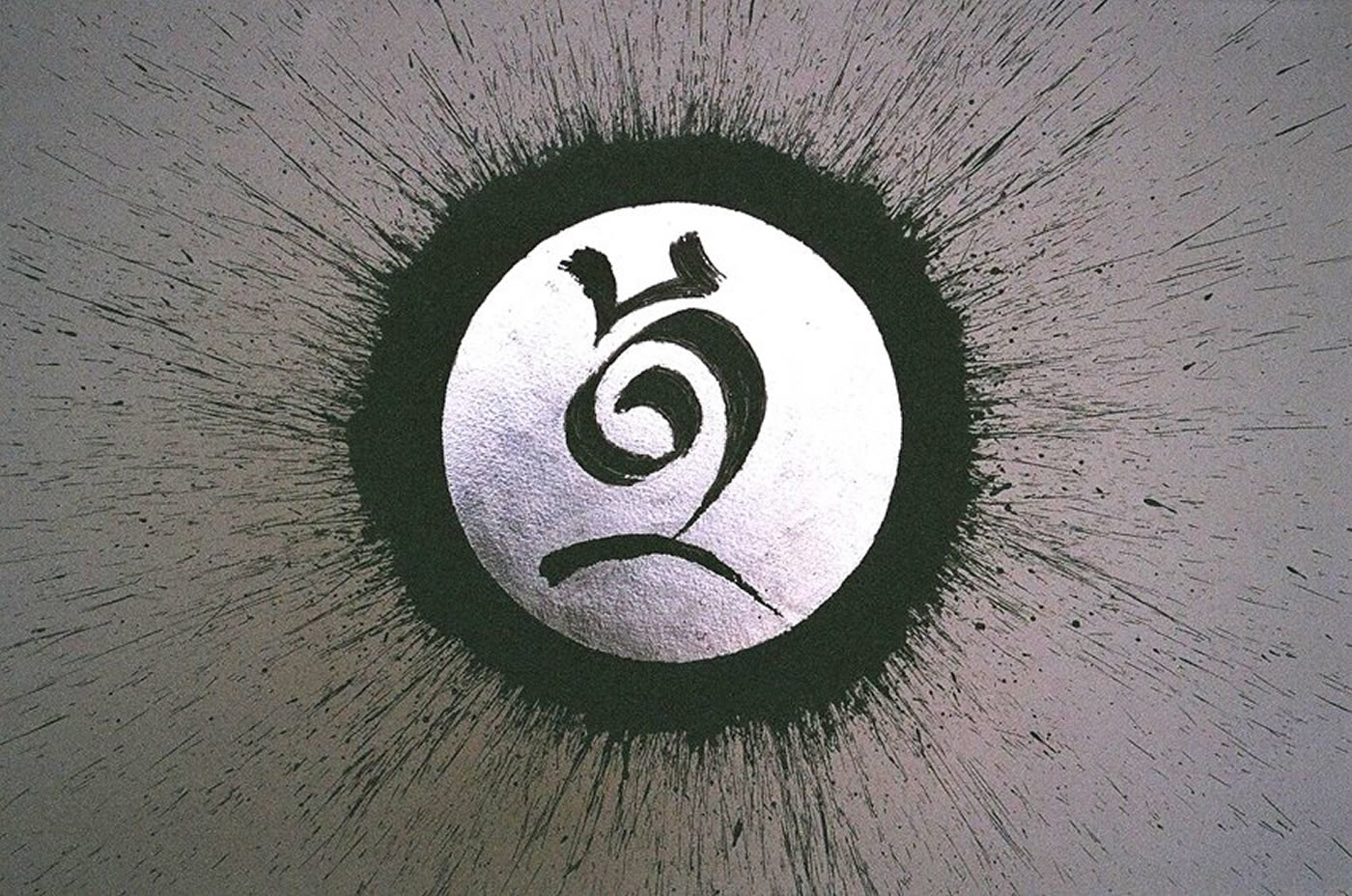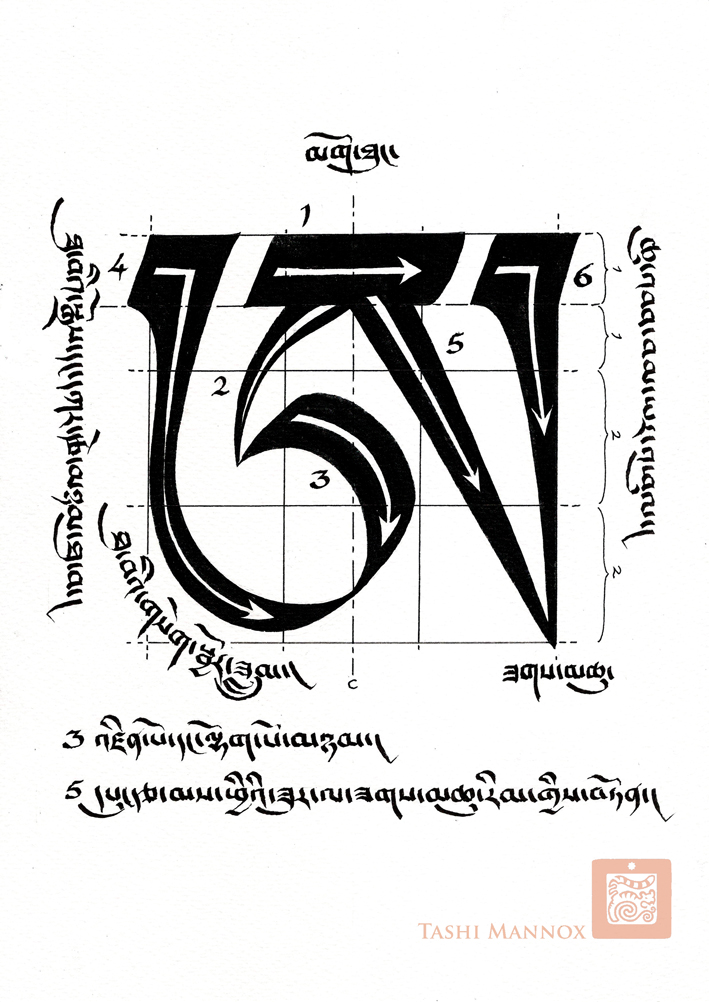Audio
This is the beginning of a new course series on the famous text called the Treasure House of Higher Knowledge (Abhidharma Kosha), written by the Buddhist master Vasubandhu in the fourth century AD.
Abhidharma was one of the first forms of Buddhism to spread throughout India. It is considered to be part of Hinayana, mainly of the Vaibhashika (Detailist) school. There were seven original great books of Abhidharma composed by the original followers of the Buddha. Master Vasubandhu took all of those seven treasures and compiled them into the Abhidharma Kosha.
Abhidharma is also one of the five major subjects in the traditional geshe training. Some of the important subjects covered in the Abhidharma include: The nature of karma; The role of motivation; The correlation of deeds and their results; How karma is carried; The relative severity of deeds; The three realms of existence; The nature of the bardo (intermediate state between birth and death); A description of time and space; The destruction of the world; and How to do death meditation.
Geshe Michael had the opportunity to spend many years with his own teachers studying and translating this important text. While this is the first time that Geshe Michael teaches this text in its entirety, most of the subject matter covered in ACI Courses 5 (How Karma Works) & 8 (Death and the Realms of Existence) were taken directly from the Abhidharma Kosha. You’ll find links to those courses at the bottom of the page under the ‘related posts’ section.
The Abhidharma Kosha contains the following 8 chapters:
1. Categories of Existence – General concept and overview: The basic categories are stained or unstained. Stained means having to do with your bad thoughts or negative emotions, produced by them, producing them, or the bad deeds themselves. All existing things are either stained or unstained. Most of what we experience is stained.
2. The Powers – The faculties of perception (the senses); how do all things occur, how are they caused. Mental functions. This chapter is an elaboration of chapter one, where the powers are mentioned.
3. The Suffering World – Description of all the realms: who is suffering and where they are suffering. Describes beings, time, space, planet formations, etc. This chapter elaborates on the suffering world mentioned in the first two chapters.
4. Karma – This describes where the suffering world comes from and proves that the world is from karma and not a random accident or from a creator God.
5. Mental Afflictions (bad thoughts or negative emotions) – Describes how mental afflictions create karma.
6. Person and Path – Person refers to advanced practitioners and path refers to wisdom.
How to escape suffering.
7. Wisdom – More detail of wisdom mentioned in chapter six. Describes many types and details of wisdom.
8. Balanced Meditation – Description of a Buddha’s knowledge, balanced between agitated and dull mind; a bright, attentive mind.




















